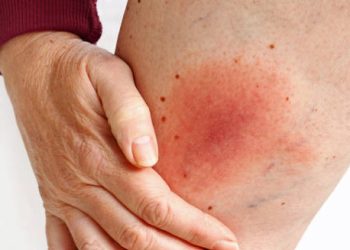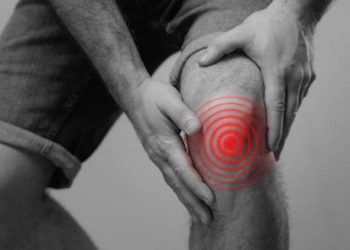Causes and Risk Factors of Balanitis
Balanitis can result from a variety of causes, ranging from minor irritants to more serious underlying conditions. In many cases, it’s a combination of factors that lead to inflammation. Recognising these causes is essential for both effective treatment and prevention. Read more about the Causes and Risk Factors of Balanitis below.
Common causes of balanitis include:
- Poor hygiene
- Accumulation of smegma under the foreskin can lead to irritation and infection, especially if not cleaned regularly.
- Accumulation of smegma under the foreskin can lead to irritation and infection, especially if not cleaned regularly.
- Over-cleaning or harsh soaps
- Ironically, excessive washing or using perfumed soaps and antiseptics can dry out the sensitive skin of the glans, leading to inflammation.
- Ironically, excessive washing or using perfumed soaps and antiseptics can dry out the sensitive skin of the glans, leading to inflammation.
- Yeast infections (Candida)
- Candida is a common fungal organism that thrives in moist areas. Men with uncircumcised penises are more prone to fungal infections, especially in warm, humid climates like much of South Africa.
- Candida is a common fungal organism that thrives in moist areas. Men with uncircumcised penises are more prone to fungal infections, especially in warm, humid climates like much of South Africa.
- Bacterial infections
- Harmful bacteria may flourish under the foreskin if hygiene is poor or if there’s a break in the skin.
- Harmful bacteria may flourish under the foreskin if hygiene is poor or if there’s a break in the skin.
- Sexually transmitted infections (STIs)
- Herpes, gonorrhoea, and chlamydia can cause inflammation and discharge resembling balanitis.
- Herpes, gonorrhoea, and chlamydia can cause inflammation and discharge resembling balanitis.
- Allergic reactions
- Condoms (especially latex), lubricants, detergents, or body washes can trigger irritation in some men.
- Condoms (especially latex), lubricants, detergents, or body washes can trigger irritation in some men.
- Skin conditions
- Eczema, psoriasis, and lichen planus can all affect the genitals and mimic or contribute to balanitis.
- Eczema, psoriasis, and lichen planus can all affect the genitals and mimic or contribute to balanitis.
- Medical conditions
- Diabetes is a major risk factor. High sugar levels in urine and on the skin create an ideal environment for fungal overgrowth.
Risk factors include:
- Being uncircumcised
- Poor or excessive hygiene
- Having diabetes or a weakened immune system
- Use of certain medications (e.g., antibiotics or corticosteroids)
- High-risk sexual behaviour or multiple partners
In communities where circumcision is not routinely practiced, such as some urban areas in South Africa, educational outreach about proper genital hygiene is important. Cultural perceptions and fear of judgment may prevent some men from seeking timely care.
Prevention starts with awareness. Knowing what increases the risk can empower men to take simple, daily steps to protect their health.
👉 [Next: Diagnosis of Balanitis]


